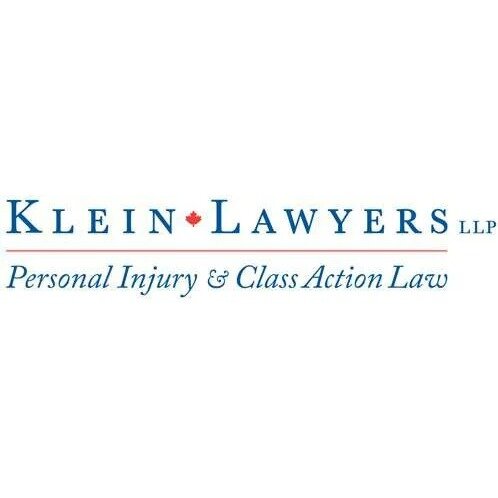Best Workers Compensation Lawyers in Vancouver
Share your needs with us, get contacted by law firms.
Free. Takes 2 min.
List of the best lawyers in Vancouver, Canada
About Workers Compensation Law in Vancouver, Canada
Workers Compensation in Vancouver, Canada, is a system of laws designed to financially protect employees who become injured or ill due to their job. The Workers Compensation Board of British Columbia, also known as WorkSafeBC, oversees the administration of workers compensation claims, provides disability benefits, works towards preventing workplace injuries, and helps injured workers back into the workforce. This insurance system is no-fault, meaning benefits are provided irrespective of who is liable for the workplace injury or illness.
Why You May Need a Lawyer
Common situations where an individual might need legal counsel on workers compensation issues include if their compensation claims have been denied or disputed, if they feel that they are not receiving the right benefits, or if their employer has unfairly retaliated against a claim. In such cases, a lawyer can provide advice, help navigate the complex laws and procedures, and represent the worker in appeals against the decision of WorkSafeBC.
Local Laws Overview
The Workers Compensation Act of British Columbia is the key legislation governing workers compensation in Vancouver. It provides the legal framework for the compensation system, and mandates all employers to register and continually support injured workers until they can return to work. Eligible employees suffering from work-related injuries or illnesses are entitled to a variety of benefits, including wage loss benefits, health care benefits, vocational rehabilitation, and specific injury benefits.
Frequently Asked Questions
1. Who is covered under WorkSafeBC?
Most employees in Vancouver, including full-time, part-time, and volunteers working in an industry within WorkSafeBC’s jurisdiction are covered.
2. Can I sue my employer if I get injured at work?
Generally, you cannot sue your employer for a work-related injury. The workers compensation system is designed to provide benefits without the need for litigation. However, there are some exceptions under which a lawsuit may be applicable.
3. What if my claim for benefits is denied?
If your claim for compensation is denied by WorkSafeBC, you have the right to appeal the decision within 90 days of the denial notice.
4. Do I have to pay for my own medical expenses?
No, you do not need to pay for your own medical expenses. WorkSafeBC covers the cost of medical treatments for work-related injuries and illnesses.
5. Can my employer terminate me for filing a claim?
No, it is illegal for an employer to terminate or discriminate against a worker for filing a claim or for raising a health and safety issue.
Additional Resources
WorkSafeBC’s website provides comprehensive information on Workers Compensation, and the Community Legal Assistance Society provides legal advice and advocacy services for low income individuals. You may also consult the British Columbia Law Institute and the Canadian Centre for Occupational Health and Safety for more resources.
Next Steps
If you need legal assistance with Workers Compensation, it is advisable to consult a lawyer familiar with Workers Compensation law in Vancouver. Gather all relevant documentation, including medical reports and communication with your employer and WorkSafeBC, and be prepared to discuss your situation fully and honestly with your lawyer.
Lawzana helps you find the best lawyers and law firms in Vancouver through a curated and pre-screened list of qualified legal professionals. Our platform offers rankings and detailed profiles of attorneys and law firms, allowing you to compare based on practice areas, including Workers Compensation, experience, and client feedback.
Each profile includes a description of the firm's areas of practice, client reviews, team members and partners, year of establishment, spoken languages, office locations, contact information, social media presence, and any published articles or resources. Most firms on our platform speak English and are experienced in both local and international legal matters.
Get a quote from top-rated law firms in Vancouver, Canada — quickly, securely, and without unnecessary hassle.
Disclaimer:
The information provided on this page is for general informational purposes only and does not constitute legal advice. While we strive to ensure the accuracy and relevance of the content, legal information may change over time, and interpretations of the law can vary. You should always consult with a qualified legal professional for advice specific to your situation.
We disclaim all liability for actions taken or not taken based on the content of this page. If you believe any information is incorrect or outdated, please contact us, and we will review and update it where appropriate.









